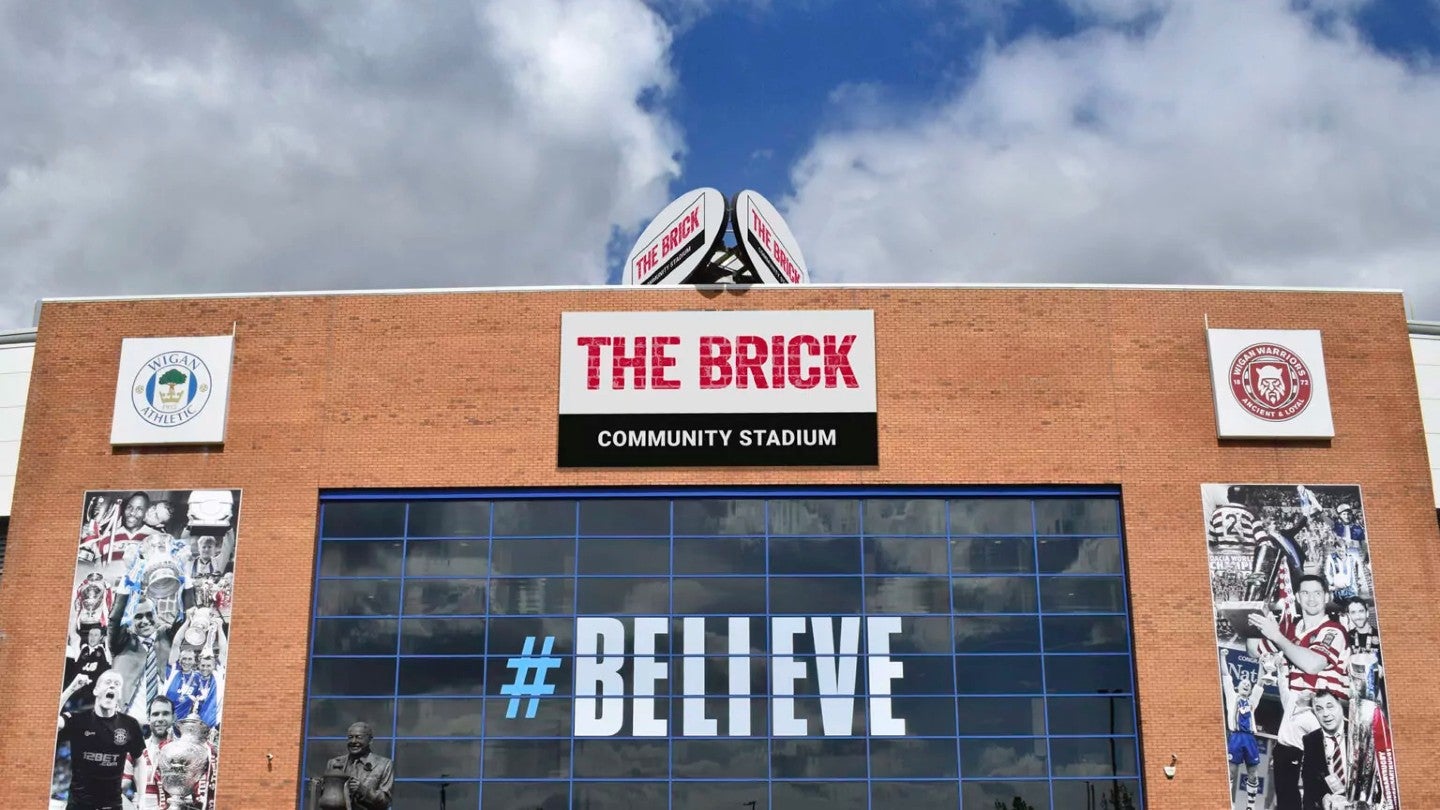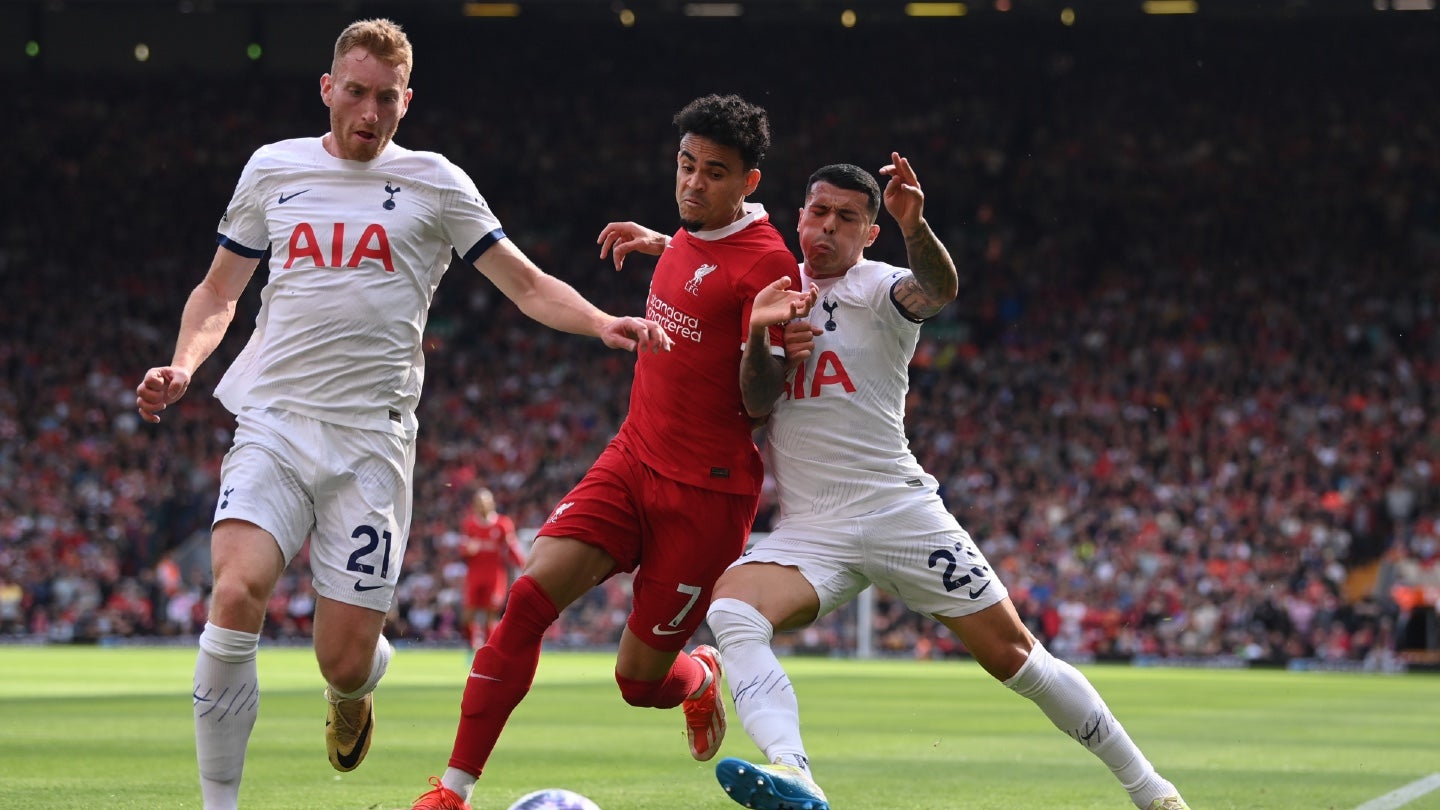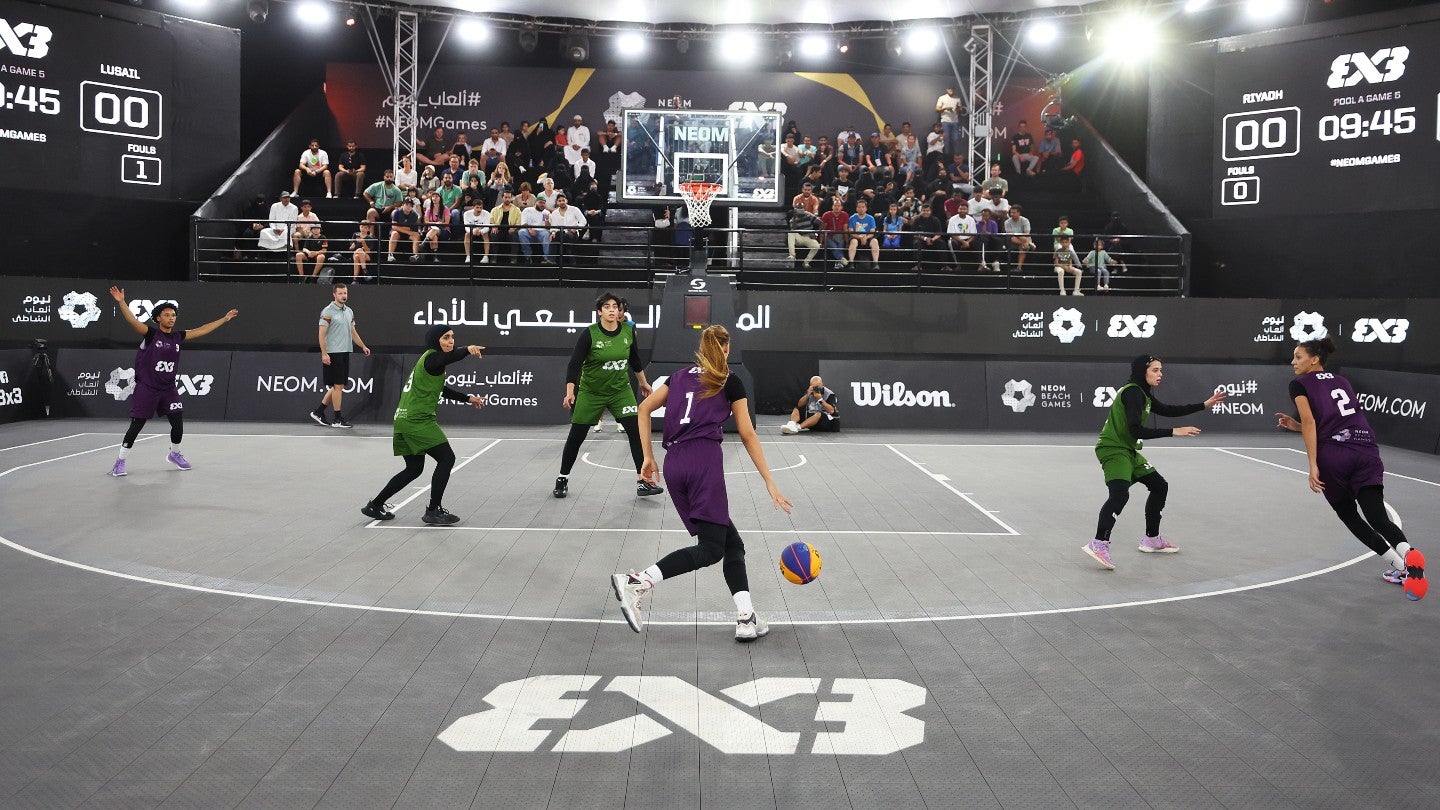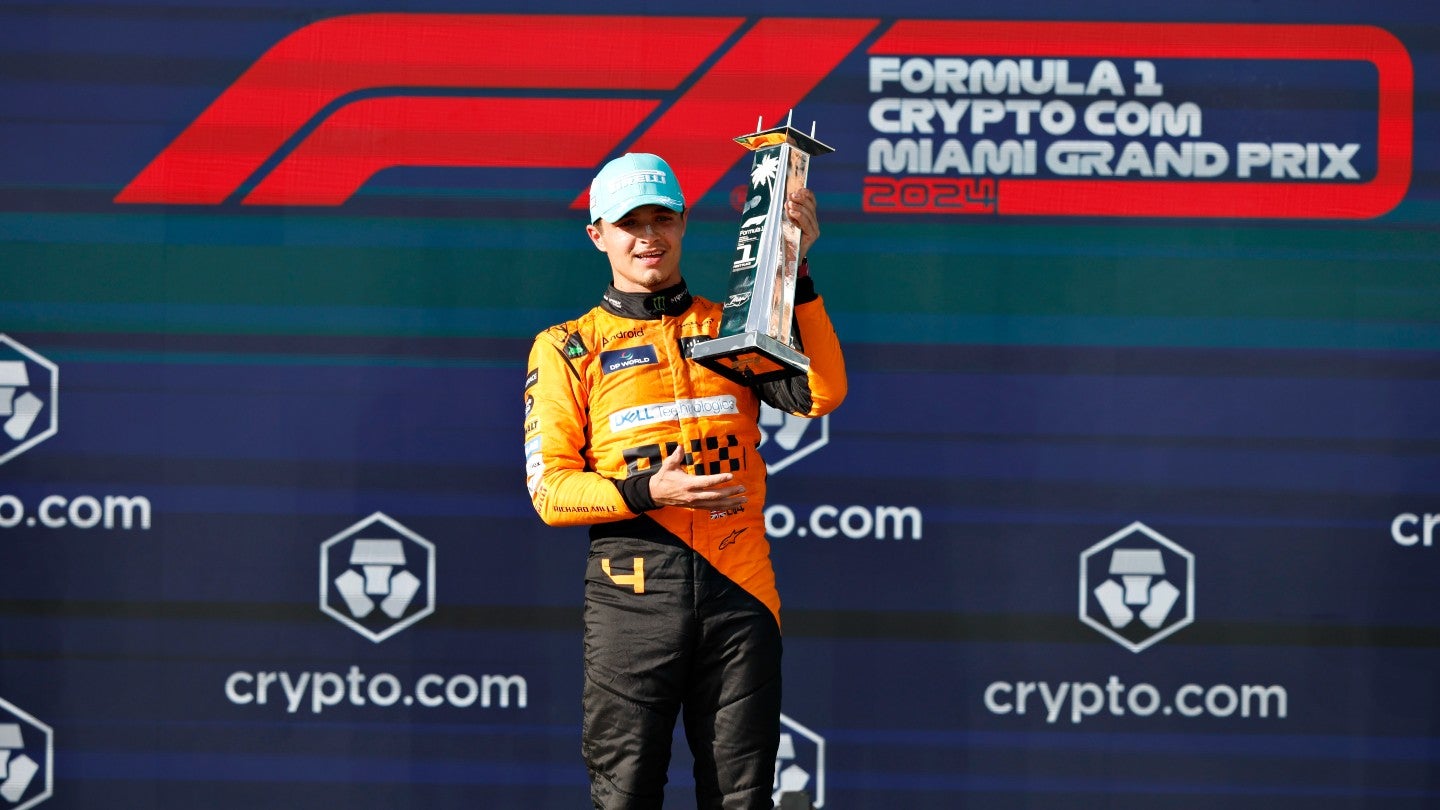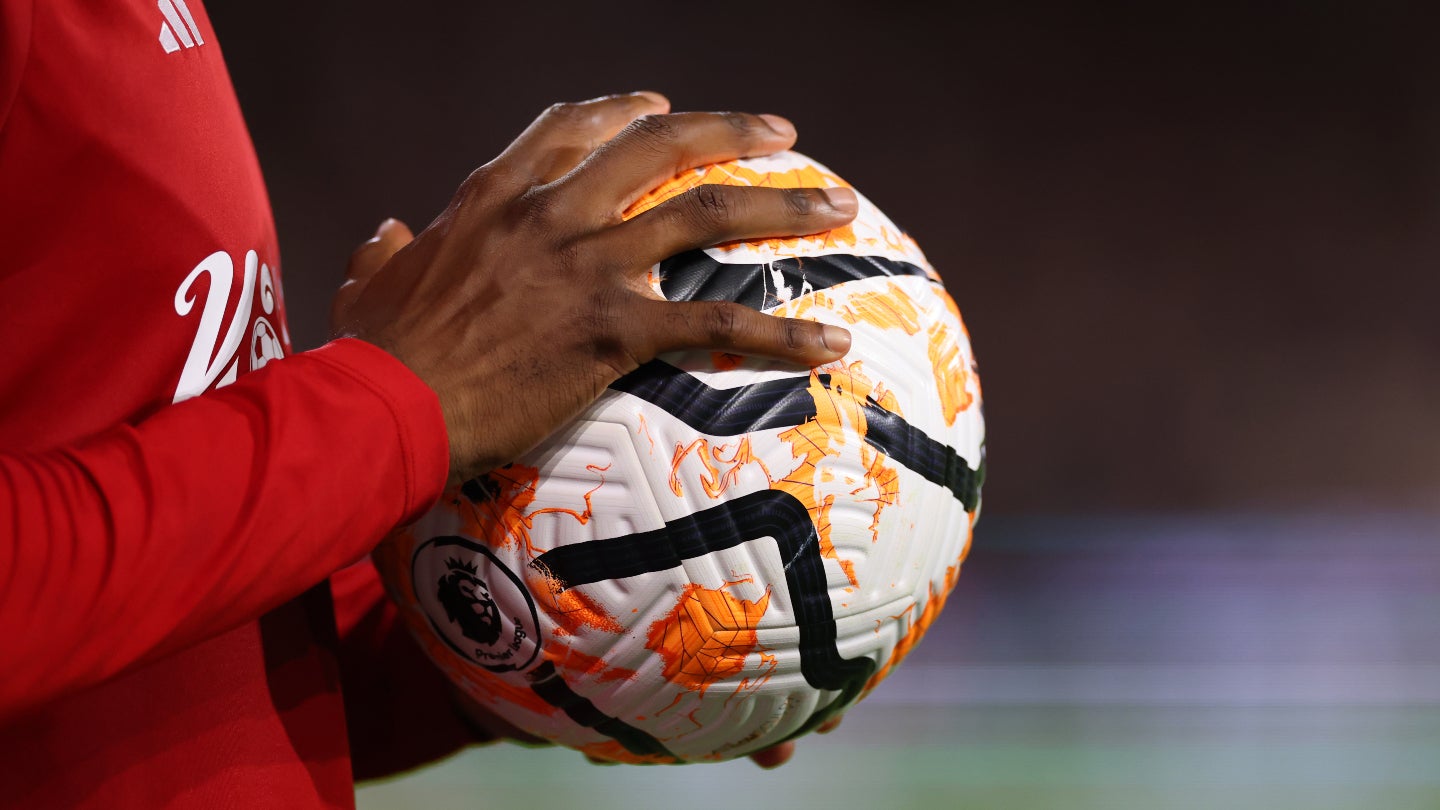
English soccer’s top-tier Premier League (EPL) yesterday (September 21) held a meeting to inform club shareholders about ongoing talks about a new broadcasting plan and changes to the fixture calendar.
Held at the EPL’s Brunel Building headquarters in North Wharf, London, the meeting outlined plans to ramp up the number of EPL matches broadcast live. Proposals were made to increase the potential number of televised games on Sundays to four while cementing the existing regular Monday, Friday and Saturday nighttime broadcast slots.
Such an arrangement, which has variously been described as being attractive to foreign markets but inconsiderate of the impact on traveling domestic fans, would see the number of EPL games shown on live TV increase by roughly 25%.
EPL clubs will vote next week on the number of matches sold in the pending TV rights deal, according to the BBC.
Potential complications could arise as a result of the league’s ongoing domestic deals. Sky Sports, TNT Sports (rebranded from BT Sport) and Amazon Prime all hold rights until 2025, but the EPL has already agreed various six-year contracts with overseas broadcasters, including a $2-billion deal with US network NBC to show matches until the end of the 2027-28 season.
US broadcasters spy opportunity
How well do you really know your competitors?
Access the most comprehensive Company Profiles on the market, powered by GlobalData. Save hours of research. Gain competitive edge.

Thank you!
Your download email will arrive shortly
Not ready to buy yet? Download a free sample
We are confident about the unique quality of our Company Profiles. However, we want you to make the most beneficial decision for your business, so we offer a free sample that you can download by submitting the below form
By GlobalDataUK broadcasters are acutely aware of the threat posed to their EPL coverage rights by rival companies across the Atlantic.
Speaking at the Royal Television Society’s Cambridge Convention on Wednesday (September 20), Dana Strong, CEO of Comcast‘s UK-headquartered TV company Sky said she hoped the company’s partnership with the EPL “continues for many years to come.”
The UK’s four most prominent free-to-air (FTA) networks, the BBC, ITV, Channel 4, and Channel 5, announced on Monday (September 18) a new streaming platform called Freely, which compiles all live channels in one place.
Launching in 2024, Freely aims to consolidate the FTA broadcasters’ coverage of international tournaments including the FIFA World Cup and UEFA European Football Championship – as well as Wimbledon and the Olympic and Paralympic Games. It will not, however, have the capacity to compete with multibillion-dollar bids from the likes of Sky and NBC.
As US influence extends further across EPL club ownership and broadcasting rights, analysts say the move towards increased TV coverage aims to tap into new fan markets rather than retain existing ones.
Conrad Wiacek, Head of Analysis at GlobalData Sport, commented: “The potential introduction of a new 6:30pm kick-off slot on Sundays would provide the EPL with another lucrative package to go to market with. This would generate more revenue and entice foreign markets, specifically in the US.”
A wider spread of Sunday kick-off times, such as a midday fixture, would enable the EPL to “avoid going head-to-head with the NFL,” he added. “The Premier League sees this slot as a potential lead into the most-watched US sport, therefore driving more eyeballs.”
American football’s popularity is rising in the UK. Broadcasters have identified Sunday fixtures – which typically take place at 6pm and 9:25pm GMT – as an emerging market.
Meanwhile, at least one of the EPL’s growing list of US owners has been lobbying behind the scenes to abandon the much contested 3pm blackout, according to The Telegraph. On Tuesday (September 19), two Premier League club executives said the EPL would consider breaking this rule – which dates back to the 1960s.
The 3pm blackout comes from Article 48 of UEFA’s statutes, allocating a two-and-a-half-hour weekend slot when live football is banned from TV to protect lower-league attendance.
Player and fan woes
EPL chief executive Richard Masters has previously said there are no plans to show matches at 3pm on a Saturday.
Should he stick to his word, the alternative of fixed Monday, Friday, Saturday, and Sunday night TV fixtures seems increasingly likely.
Suggestions have been made that the EPL could follow Italian first-tier Serie A’s model of 5:30pm matches on Mondays and Fridays. This move would be met with strong resistance from domestic fans already struggling to reach their team’s stadium on time for post-work evening matches.
“With travel options greatly reduced on a Sunday, this would cause increased difficulty for away fans attending live games, especially if travelling long distance,” said Wiacek. “Once again, the Premier League is prioritizing the needs of broadcast partners ahead of the needs and desires of fans. This is especially galling given the inability of fans to watch their own sides during midweek slots, and 3pm on a Saturday despite international fans having this option.”
In the EPL, the longest ‘away day’ involves a 560km, 14-hour round-trip from southeastern Brighton and Hove Albion to northeastern Newcastle United.
Players including Manchester City’s Rodrigo Hernández Cascante (‘Rodri’) and Manchester United’s Rafael Varane have also expressed concerns about higher rates of injuries due to increased fixture congestion.
Encompassing all competitions, top EPL players now routinely play 60 games a season, on top of international games throughout the summer. Changes in fixtures by a few hours is unlikely to have a dramatic impact on the players’ already minimal rest and recovery time – unless the overall volume of matches is reduced.
It is, however, symbolic of the EPL’s overall disregard for both its domestic fans and players, albeit with the latter standing to profit from this expansion in TV rights through larger salaries.
On a separate matter, the meeting in London also delved further into a government-mandated £130-million redistribution package between the EPL and second-tier English Football League (EFL) Championship. While talks on the subject were described as positive, nothing was agreed.
EFL clubs are due to discuss the issue at their own meeting next week, while EPL clubs vote on the TV rights deal.


